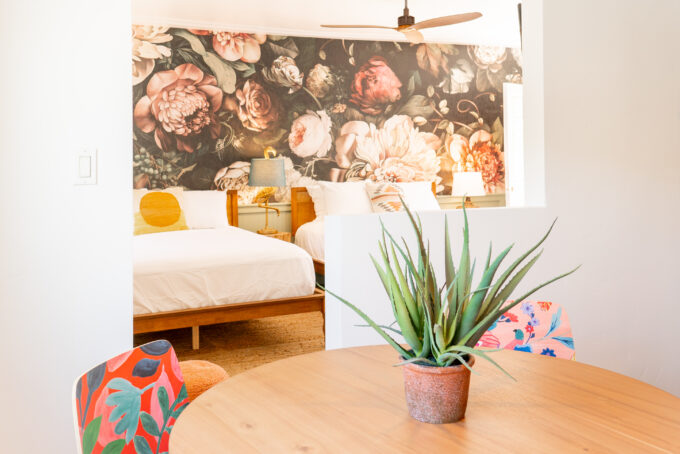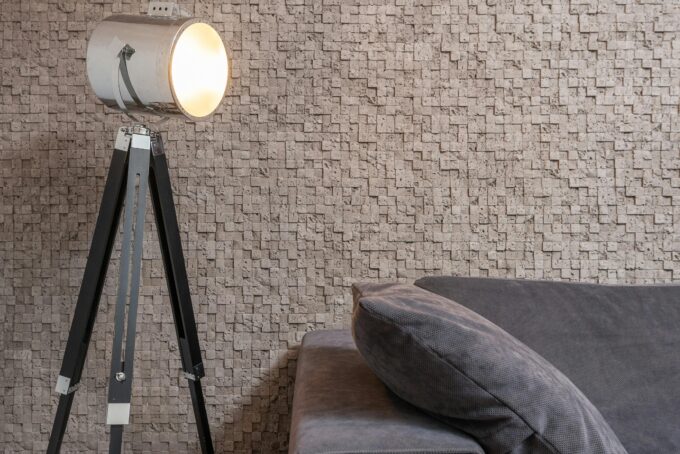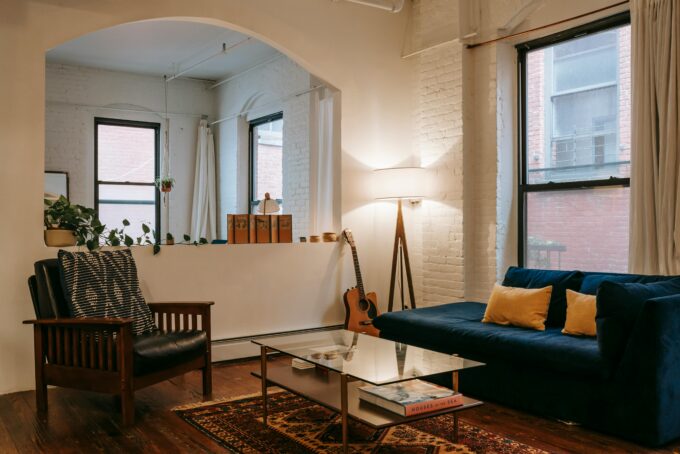In interior design, the concept of “layering” takes decorating to a new level by adding depth and complexity. It transcends the boundaries of aesthetics, giving a creative opportunity to turn your space into something vibrant and multifaceted that reflects your style. Explore the technique of layering and how you can incorporate it into your home.
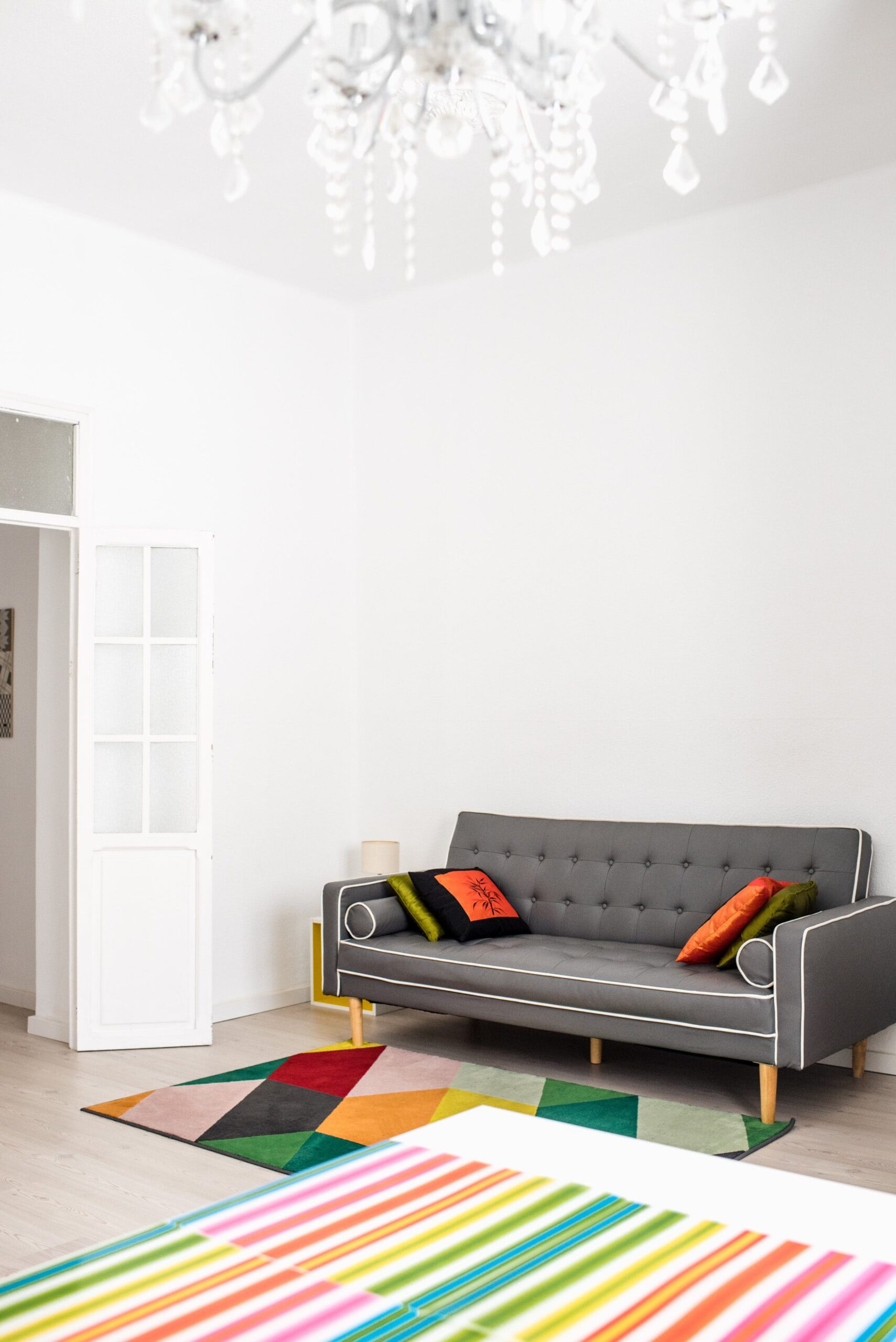
Defining Layering
Layering in home design is not a haphazard collection of decorative elements; it’s a sophisticated process that involves the skillful blending of various design elements to create a harmonious and visually captivating space.
The Foundation: Start with a Strong Base
Just as a well-constructed building begins with a solid foundation, the art of layering in home design starts with establishing a robust base. This foundational layer typically encompasses choices related to flooring, wall color, and the selection of larger furniture pieces.
Adding Texture: The Play of Surfaces
Texture introduces depth and tactile appeal to your living spaces. When considering texture, think about incorporating materials such as plush velvet, luxurious silk, or the rustic charm of reclaimed wood. The interplay between smooth and rough surfaces, for example, adds a dynamic and engaging dimension to your design.
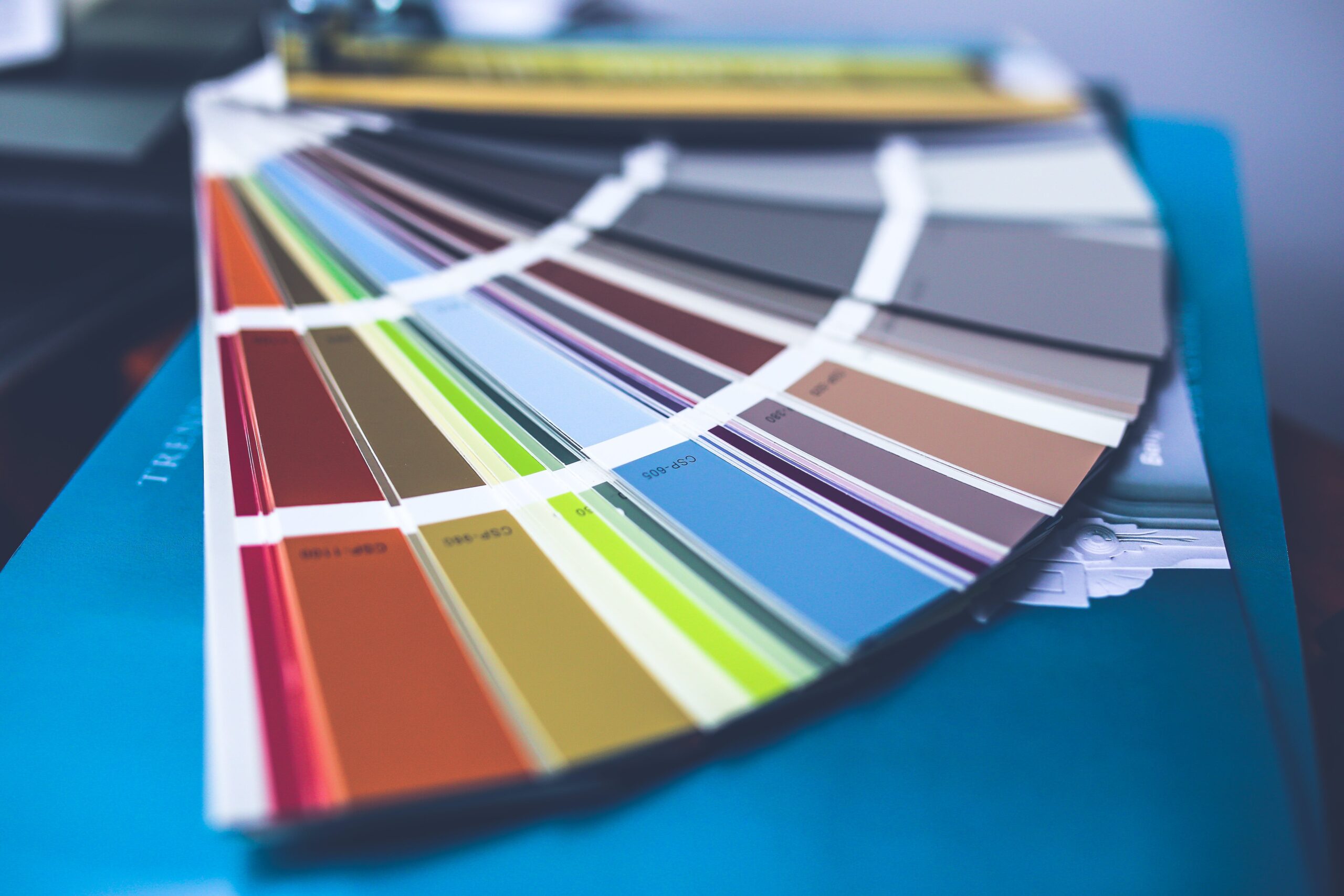
Colors: The Palette of Emotions
Carefully choose a color scheme that resonates with the ambiance you wish to create. Warm, earthy tones can add a sense of cozy and welcoming hospitality, while cool, muted hues can create an atmosphere of serenity and sophistication.
Furniture Arrangement: Striking the Right Balance
Striving for balance within your living space—too much will make your room look cluttered and too little might make it feel cold and characterless. Create well-defined areas for socializing, dining, relaxing, and sleeping starting with the biggest pieces first and building around them to create a visual flow.
Layering in Action: Practical Tips
With the basics in place, you can start playing with layering. Here’s how.
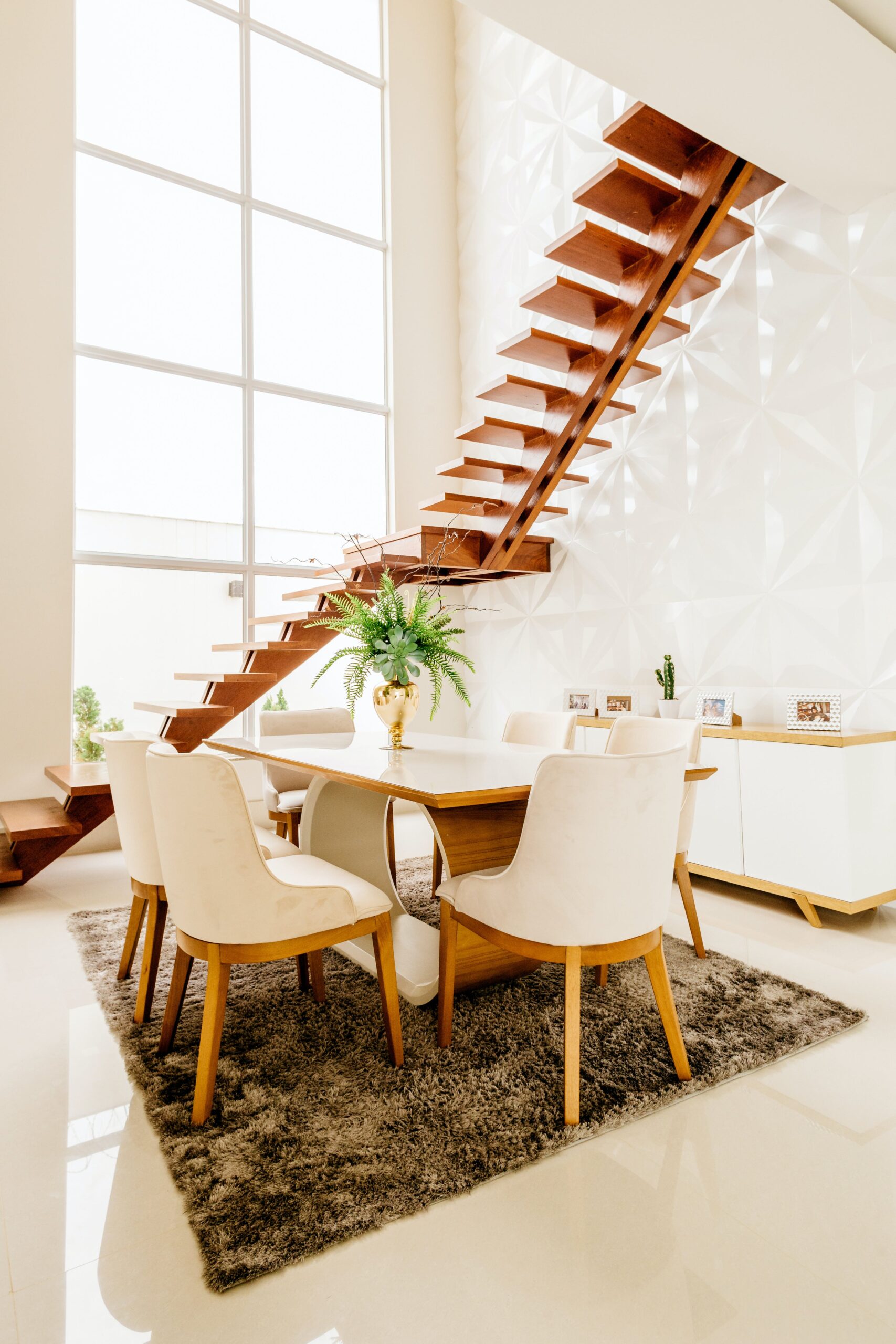
1. Mix and Match
Embrace the art of juxtaposition by mixing and matching different styles and eras. For example, a sleek, modern couch can coexist harmoniously with a vintage, weathered coffee table. A four-poster bed frame can be accented with tall plants to give a luxurious bohemian look.
In the dining room, you might pair a sleek, industrial-style table with a set of elegant, upholstered chairs. This union creates a delightful dialogue between the modern and the classic, resulting in a dining experience that is as much a feast for the eyes as it is for the palate.
2. Play with Patterns
Experiment with patterns on upholstery, curtains, and even wallpapers. While you venture into the world of patterns, remember to maintain a sense of cohesion within your chosen color palette to keep that harmonious overall look.
Once you’ve established your primary pattern, look for secondary patterns that complement rather than compete with it. For instance, if your primary pattern features bold, vibrant colors, look for secondary patterns with more subdued tones to create a visually pleasing contrast.
3. Different Lighting
Layering extends beyond physical elements; it encompasses lighting as well. Incorporate various sources of illumination, including ambient, task, candles, and accent lighting. This not only enhances the visual appeal of your space but also allows you to create different moods within a room, from cozy and intimate to bright and lively.
4. Personal Touch
This is where the extension of yourself comes in. Add a dash of your unique personality to your space with art, photographs, or decor items that are meaningful to you. If you’re an avid traveler, you could express yourself by styling your shelves with items you’ve collected over the years. Homebodies could add unique blankets and throws to create comfort-driven living spaces. Love the classic, vintage look? Your art could be a mix of black-and-white photography with pops of colored illustrations
popular posts
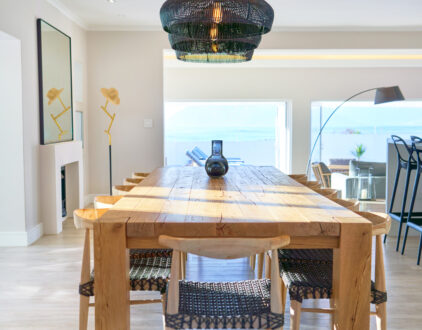
In South Africa, Interior Design Is All About Texture and Soul
by Kelsey Marie | October 13, 2025
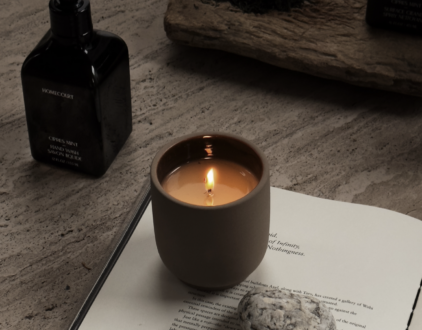
7 Celebrity Home Design Collections and Collabs to Shop Right Now
by Kaniya Rogers | September 9, 2023
Spaces
Whether it’s luxury or ease, every area of your home should be as fabulous and unique as you.
FOLLOW ALONG ON INSTAGRAM
#homeandtexture
Find us on social for more home inspiration where culture, personal style, and sophisticated shopping intersect to help you create a home where you love to live.


